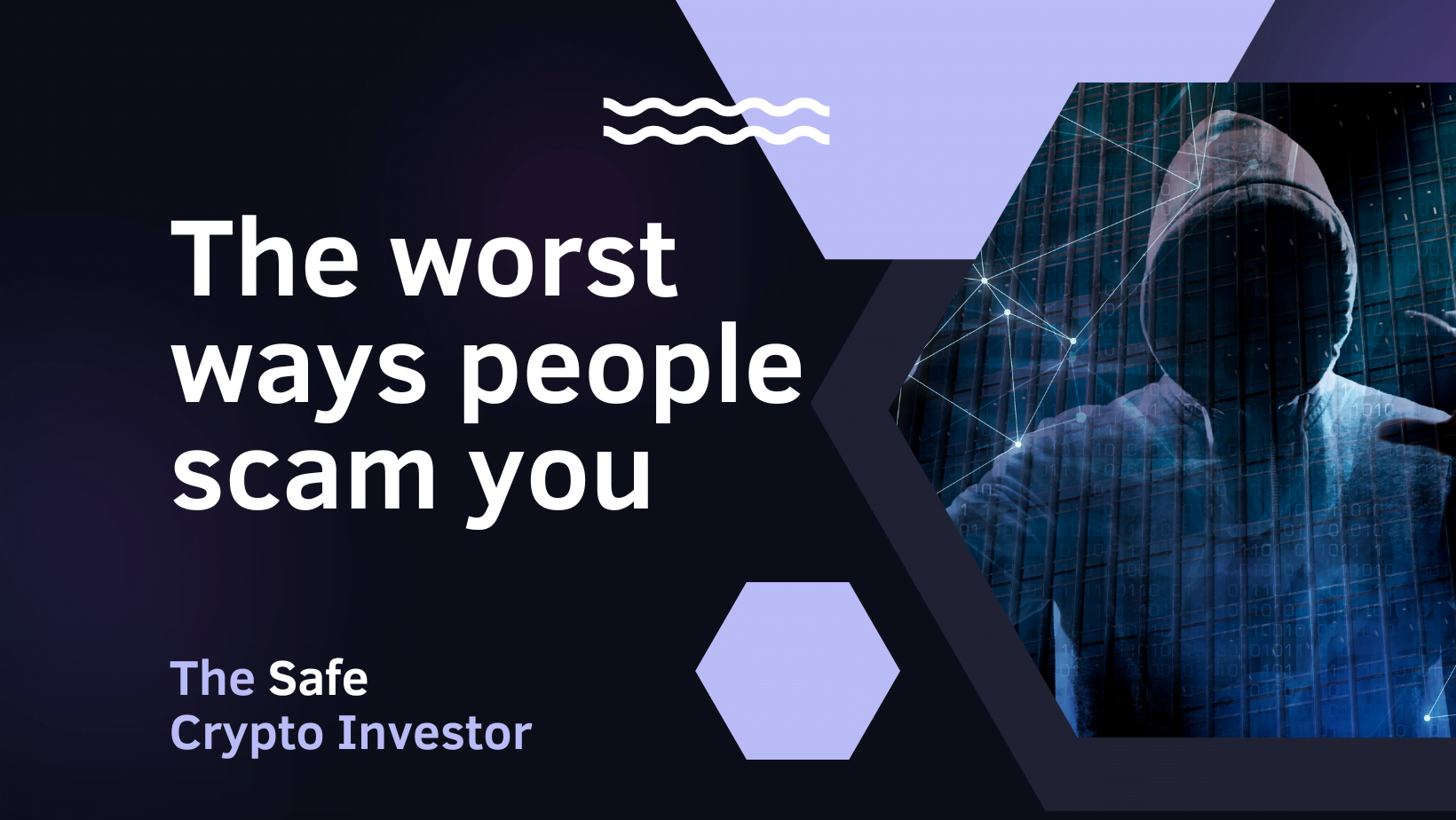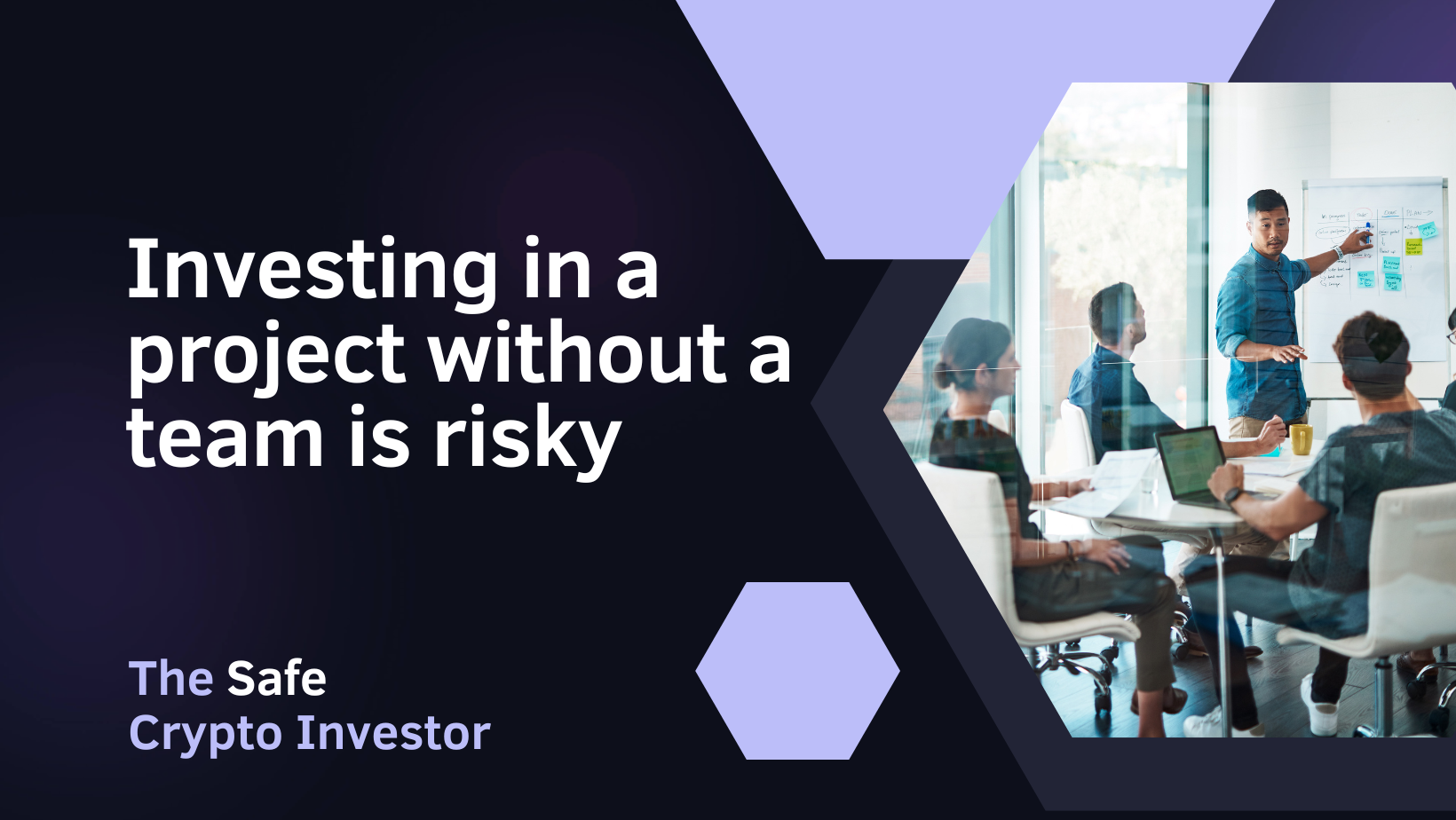We all want to win in Crypto. We want to live our lives to the fullest. We want to build wealth for generations.
Unfortunately, some people want you to lose. They want to steal your hard-earned crypto gains by scamming you. It’s not just one guy with an evil haircut in a basement. There are complete organizations that take what is not theirs. They are made to scam you.
The best way to protect yourself again scams is to know what kinds of scams are out there. I want to share five awful scams that wreck people’s lives in crypto.
1. Phishing
Phishing is one of the worst scams. Sometimes it is hard to separate a real email from a phishing one. Scammers create fake websites or emails that look like legitimate crypto exchanges, wallets, or trading platforms. They try to trick people into entering their login credentials, private keys, or other sensitive information, which the scammers use to steal their cryptocurrency.
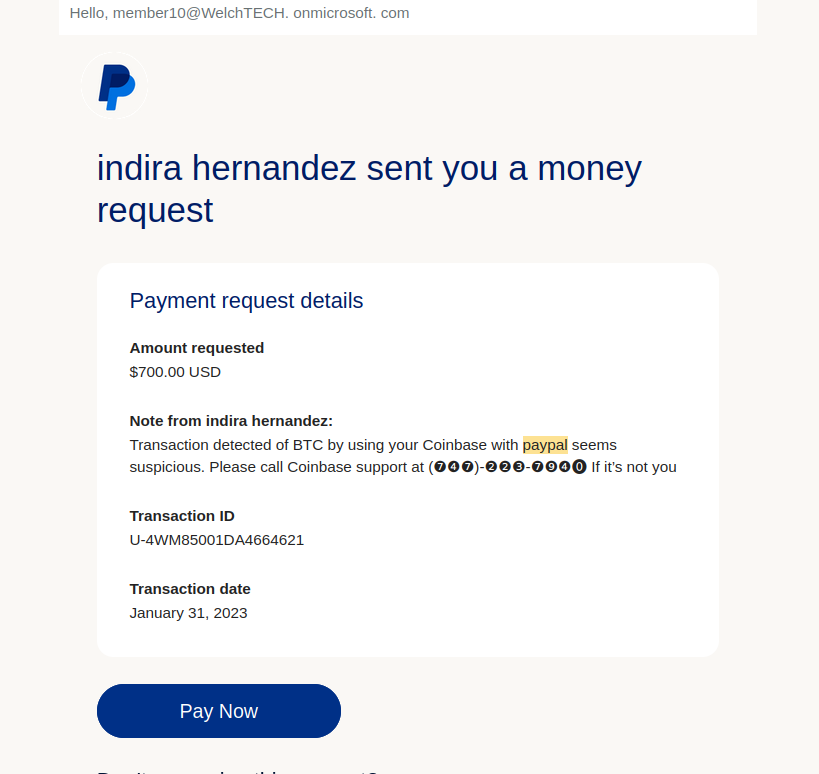
How to protect yourself from phishing
Always be careful when clicking links or downloading attachments from unknown or suspicious emails. Double-check the URL of any website before entering your login credentials or sensitive information, and use two-factor authentication (2FA) to add an extra layer of security to your accounts.
2. Ponzi schemes
The greatest and funniest Ponzi scheme in crypto was BitConnect. They advertised with great return on investment (ROI). Their monthly ROI was 40%. It was too good to be true.

Scammers promise high ROI in cryptocurrency and use money from new investors to pay off earlier investors. Eventually, the scheme collapses, and the scammers disappear with the money.
How to protect yourself from Ponzi schemes
Never invest more money than you can afford to lose. Always research before investing in any cryptocurrency, and be wary of investment opportunities that sound too good to be true. If you’re unsure about an investment opportunity, seek the advice of a financial professional or just stay away.
3. Fake initial coin offerings
Scammers create fake Initial Coin Offerings (ICOs) that promise a new crypto coin exchange for investment. Once they have raised enough funds, they disappear with the money, and the promised crypto coin is never created.

How to protect yourself from phishing from fake ICOs
Before investing in any cryptocurrency project, it’s important to be careful and do your research. This means looking into the project and who started it, checking the technology and what the coin is for, and finding out what independent reviewers have said. Be cautious if someone promises you’ll make much money because it is normally too good to be true.
4. Fake crypto exchanges
Fake crypto exchanges are online platforms that appear to offer a way to buy and sell crypto but are scams designed to steal money from ordinary people. These fake exchanges use tactics like fake reviews or referral programs to lure in victims. Once you deposit funds, the fake exchange may make it difficult or impossible to withdraw or disappear altogether.
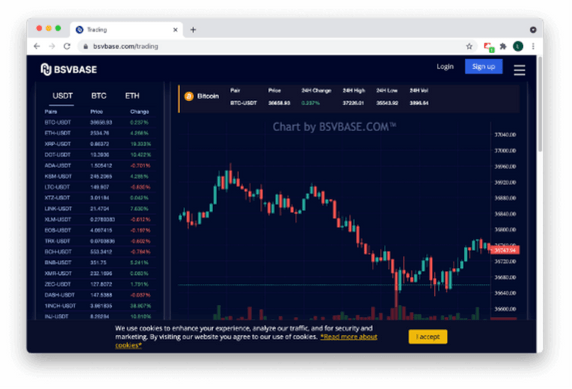
How to protect yourself from phishing from fake crypto exchanges
Only use reputable and well-established exchanges to protect yourself from fake crypto exchanges. Be cautious of offers to trade crypto in the mail, telegram, or social media, and always check the exchange reviews and verify the website’s authenticity.
5. Malware
Malware is software designed to harm or take control of a computer system without your knowledge or consent. Cybercriminals use malware to steal cryptocurrency from your wallet, often tricking you into revealing their private keys or passwords. Malware can be spread through many channels, including email attachments, infected websites, and malicious software downloads.
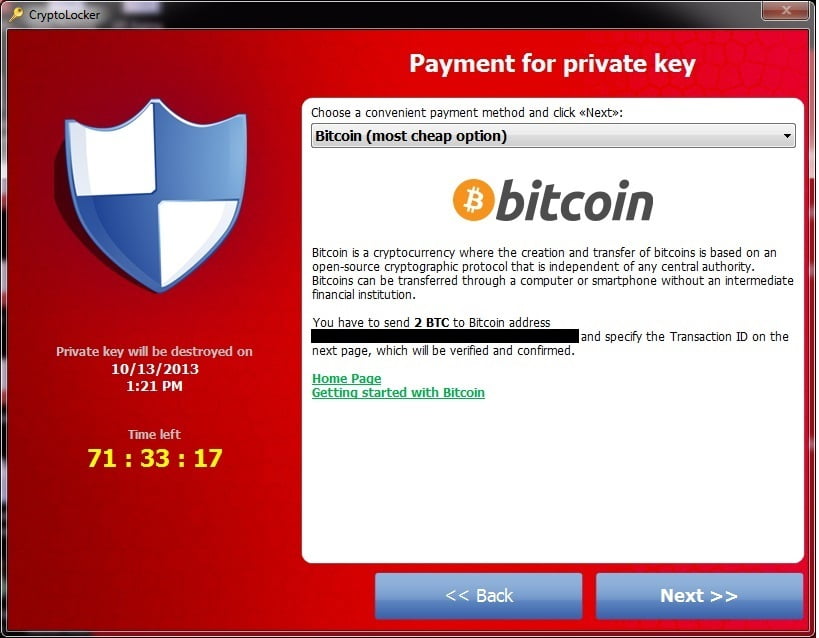
How to protect yourself from malware
Always use reputable, up-to-date antivirus and anti-malware software to protect your computer or mobile device. Be cautious of emails or messages that contain links or attachments, and only open messages from people or companies you trust. Do not click on links or download attachments from suspicious sources.
Keep calm but always be careful
Although there are scammers in cryptocurrency, you can still protect yourself from their tactics. By doing your due diligence before investing in any cryptocurrency project, researching reputable exchanges, and keeping your antivirus and anti-malware software up to date, you can protect yourself from becoming a victim of these scams.
Always be cautious, use common sense, and only invest what you can afford to lose. This is the ticket to keeping your precious gains and not losing it to a scammer.
Stay safe, and best of luck.
Daniel Donselaar

